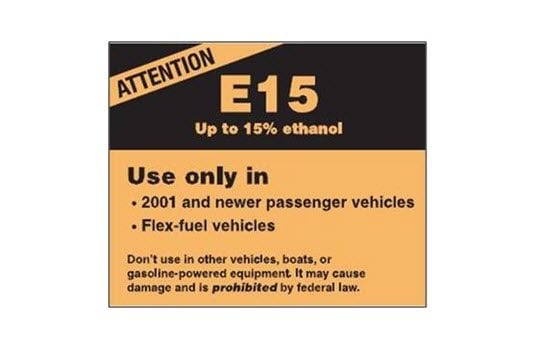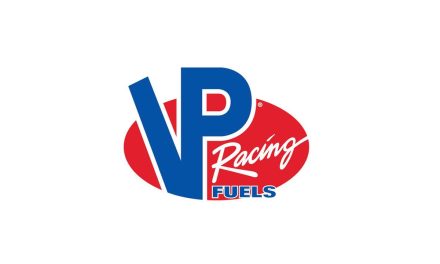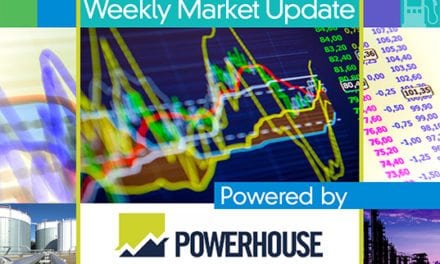More than 80% of new 2017 model year (MY) vehicles are explicitly approved by the manufacturer to use 15% ethanol blends (E15), according to an analysis of warranty statements and owner’s manuals conducted by the Renewable Fuels Association (RFA). That is up from last year, when approximately 70% of MY 2016 vehicles were approved by automakers for the use of E15.
For the first time, Hyundai Motor Company has approved the use of E15 in MY 2017 Hyundai and Kia vehicles, joining the majority of its auto competitors. Together, Hyundai and Kia represent slightly more than 8% of the U.S. light-duty automobile market.
In 2012, EPA approved the use of E15 in vehicles built in MY 2001 or later. However, auto manufacturers did not retroactively endorse the use of E15 in legacy vehicles that were already on the road.
Other key points from RFA’s analysis include:
The Detroit Three (Chrysler, General Motors and Ford), which collectively represent 45% of U.S. market share, all clearly allow E15 in their vehicles. GM started approving the use of E15 with its MY 2012 vehicles, while Ford joined the following year and Chrysler began E15 approval with its MY 2016 vehicles.
Other automakers explicitly offering E15 approval for MY 2017 vehicles include Honda, Toyota, Volkswagen Group and Tata Motors (maker of Land Rover and Jaguar). Altogether, auto manufacturers with approximately 81% of the U.S. market share now approve the use of E15 in their MY 2017 vehicles.
With 9% of the U.S. market share, Nissan Motor Corporation remains the largest vehicle manufacturer that does not explicitly approve E15 in its vehicles. Despite announcing earlier this year that it is developing a vehicle powered by an ethanol fuel cell, the automaker only approves the use of E10 in its vehicles. Curiously, Nissan approves the use of gasoline containing up to 15% MTBE, a toxic additive that is banned in more than two dozen states.
Mazda, Subaru and The Daimler Group (maker of Mercedes-Benz) also continue to exclude E15 from fuel approvals and warranty statements. Together, these three manufacturers own about 7.5% of the U.S. market share.
Of note, BMW Group’s MINI vehicles again allow the use of 25% ethanol blends. The manufacturer states, “Fuels with a maximum ethanol content of 25%, i.e., E10 or E25, may be used for refueling.”
While neither automaker approves the use of E15, both Mercedes-Benz and Nissan produce some flex fuel vehicle models that are capable of operating on up to 85% ethanol blends (E85).
RFA estimates that approximately 25 – 30% of the 230 million vehicles on the road today are clearly approved by the automaker to use E15. Meanwhile, roughly 90% of vehicles on the road were built in 2001 or later, meaning they are legally approved by EPA to use E15.
“This analysis demonstrates that automaker acceptance and approval of E15 continues to expand rapidly,” said RFA President and CEO Bob Dinneen. “More than four out of every five new vehicles carries the manufacturer’s explicit endorsement of E15, putting to rest the myth propagated by the American Petroleum Institute that automakers don’t allow or warranty the use of this lower-cost, higher-octane fuel blend. We applaud Hyundai for joining the ‘E15 Club’ with its model year 2017 vehicles, and we’re thrilled to see MINI going above and beyond to offer E25-compatible vehicles. At the same time, we encourage Nissan, Mazda, Subaru and Daimler to get with the times and offer their customers greater freedom and flexibility when it comes to making a fuel choice at the pump.”
E15 is sold today at nearly 400 retail stations in 28 states, including major chains such as Sheetz, Thorntons, RaceTrac, Kum & Go and Murphy USA.









